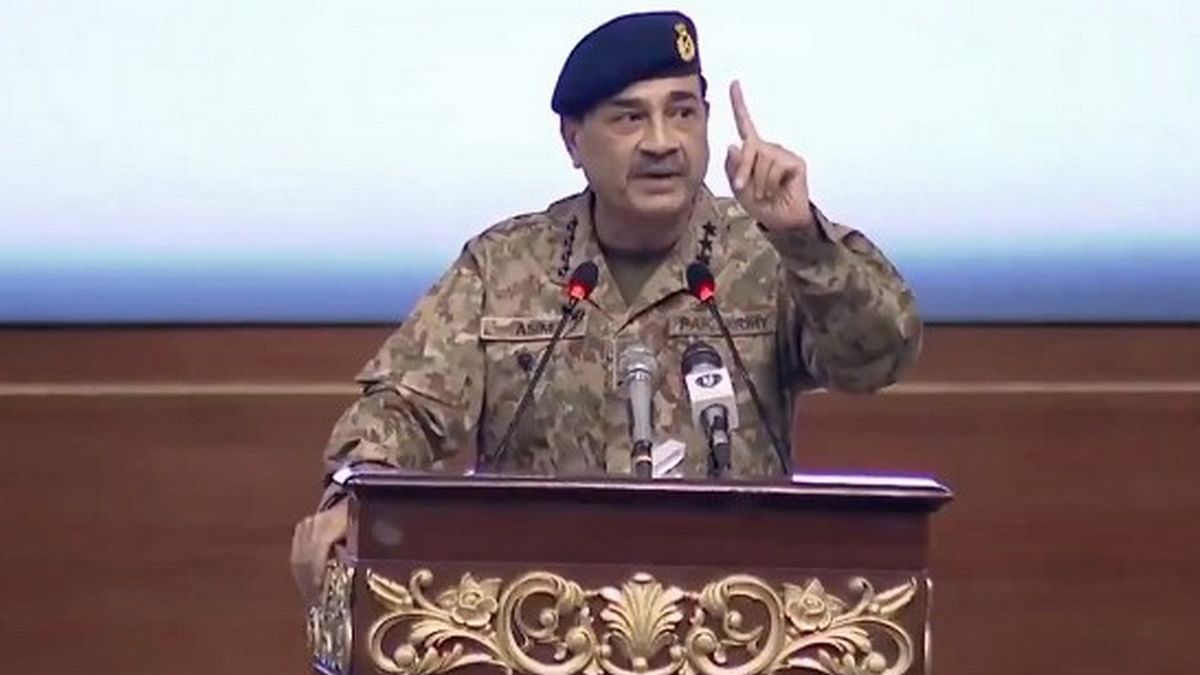General Asim Munir Faces Dilemma Amid Escalating Tensions
The Indian government must be prepared for unpredictability and surprises from General Munir, and consider the consequences of a military conflict with Pakistan. The new political movements in Pakistan, which demand a nation ruled by its constitution, could be an opportunity for India to support democratic forces in the region.

General Asim Munir, Pakistan's army chief, is facing a significant challenge as tensions with India continue to escalate, with limited response options available to him amid clear warnings against retaliation from India's military.
The recent pre-emptive strikes by India have upended the traditional strategic calculus of South Asia, leaving Pakistan with few options to respond. General Munir's strategy to provoke India into a military response has backfired, exposing Pakistan's vulnerabilities and diplomatic isolation. The military operation in Khyber-Pakhtunkhwa, aimed at targeting the Tehreek-e-Taliban Pakistan (TTP), has mainly targeted ordinary people rather than the terrorists, resulting in the deaths of hundreds of military personnel.
General Munir's personality traits, including his religiosity and desire for power, have been studied by India, which must not underestimate his guile. He has a reputation for taking calculated risks, purging dissent, and consolidating his hold on power. His vision for Pakistan is a "hard state" that is strong and unyielding against internal and external threats. Experts believe that Munir's actions are driven by a desire to consolidate his power and win over the right-wing establishment in Pakistan.
As the situation continues to unfold, it remains to be seen how General Munir will respond to the escalating tensions. One thing is certain, however, that the consequences of a military conflict with Pakistan will be severe, and it is imperative for both countries to exercise restraint and work towards a peaceful resolution.